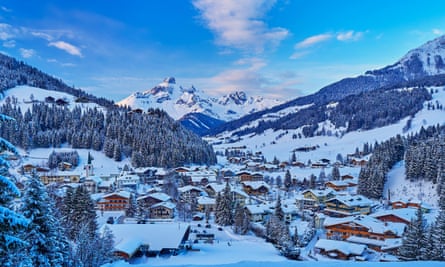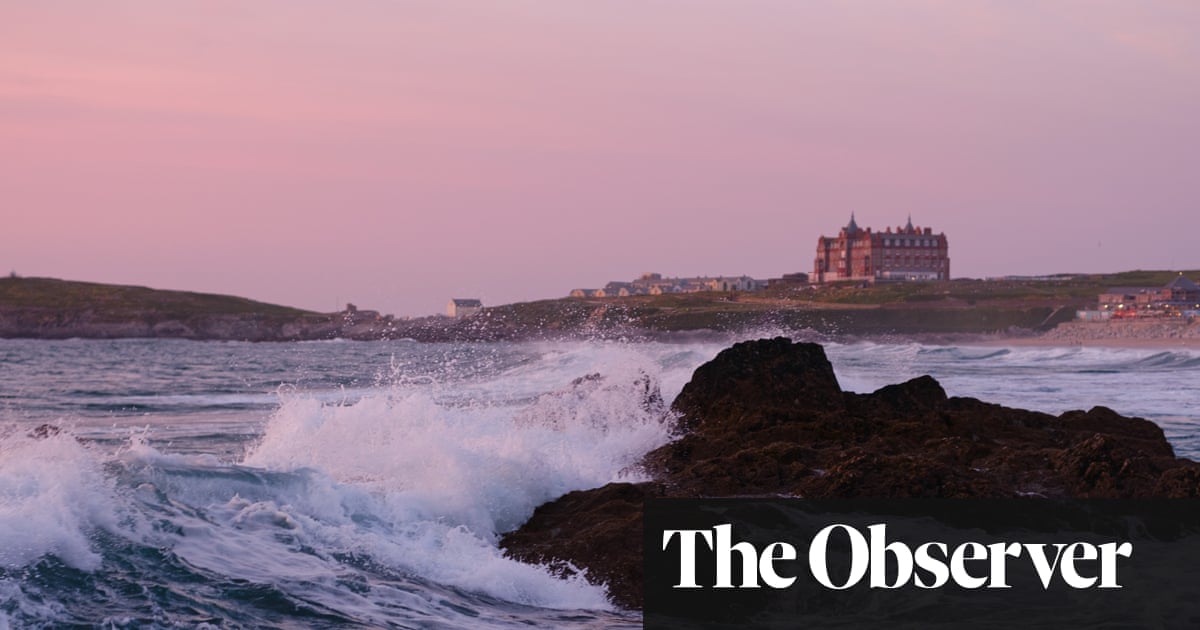Large parts of the US have been battered by severe weather this week, as low pressure developed over the north-west coast. The weather system intensified into a phenomenon known as a bomb cyclone, which rapidly intensified to an estimated central pressure of 942 hectopascals (hPa) – close to the lowest pressure recorded in that area.
To be classified as a bomb cyclone, the central pressure of a low pressure system must fall by at least 24hPa in 24 hours. Wind speeds exceeded 70mph (113km/h) near Seattle, while Canada had the strongest winds with gusts of about 100mph. There were two deaths and almost 500,000 people in the region were left without power.
As the weather system stagnated, south-westerly winds ushered in warm, moist air from the tropical Pacific. This will continue to bring heavy rain and flooding to northern parts of California this week with more than 200mm (8in) forecast to fall in some places. Across the Sierra Nevada mountain range, the rain has turned to snow with more than 500mm reported. The process that caused this high rainfall is sometimes referred to as an atmospheric river.
Meanwhile, swaths of Europe including the UK have been in the grip of an Arctic blast after weeks of dry and settled weather under the influence of high pressure. The Alps had its first spell of snow this winter, with significant falls on Tuesday and Thursday. After a dry start to the month, the snow will be welcome news to those preparing to hit the slopes at the start of the ski season.

Some of the heaviest snowfall occurred on Tuesday across the western Alps, where the French ski season is due to start this weekend at the high resorts of Tignes and Val Thorens. Some higher elevation areas are likely to receive more than a metre (3.3ft) of snow by Saturday.
Storm Caetano, which was responsible for the wintry weather on Thursday, not only brought snow to the Alps, but also snow, rain and strong winds to large parts of France. The first snowflakes of the season fell on Paris, with 10-50mm reported. Although snow has come early in the season, it is not exceptional.

 3 months ago
47
3 months ago
47













































